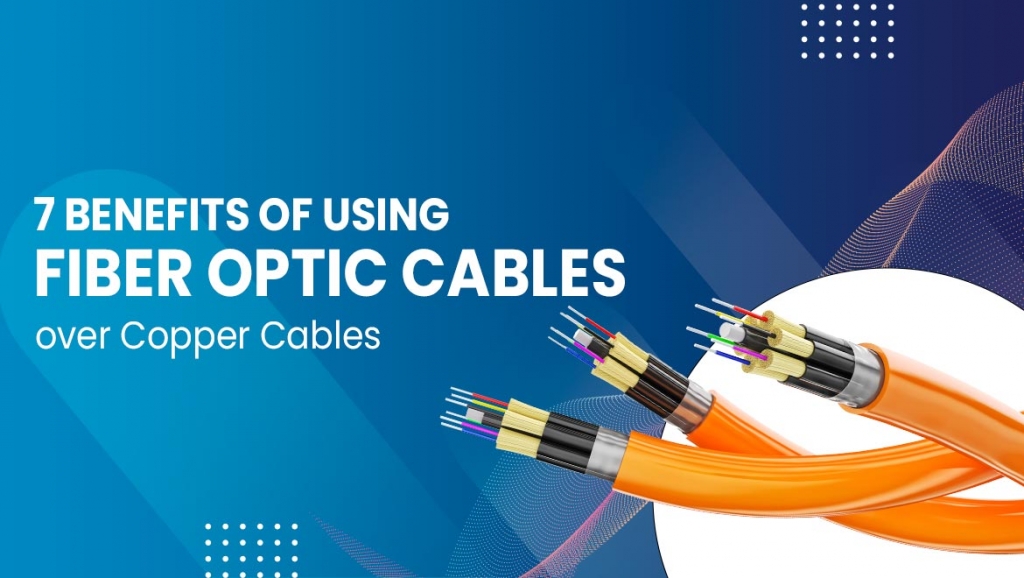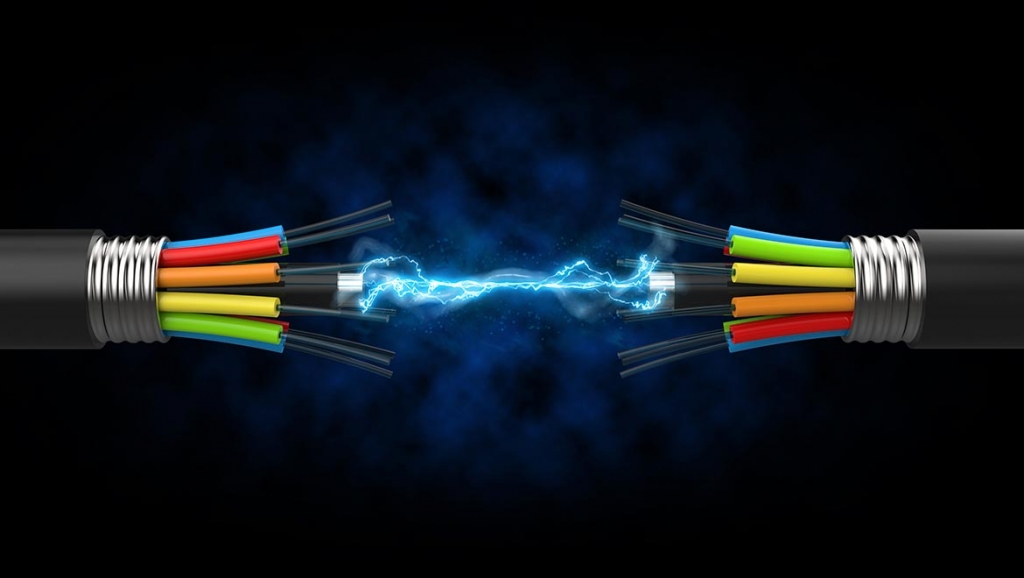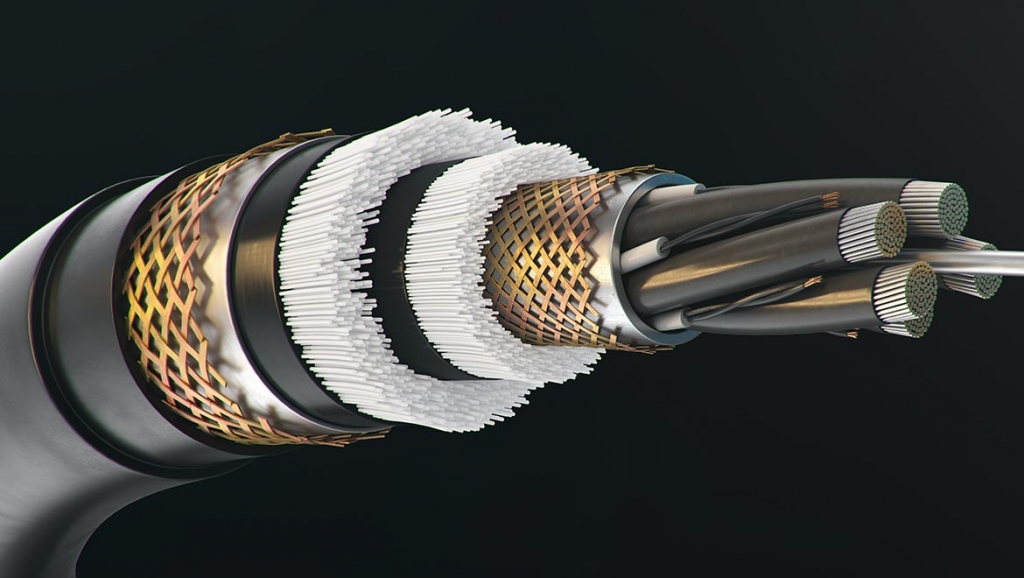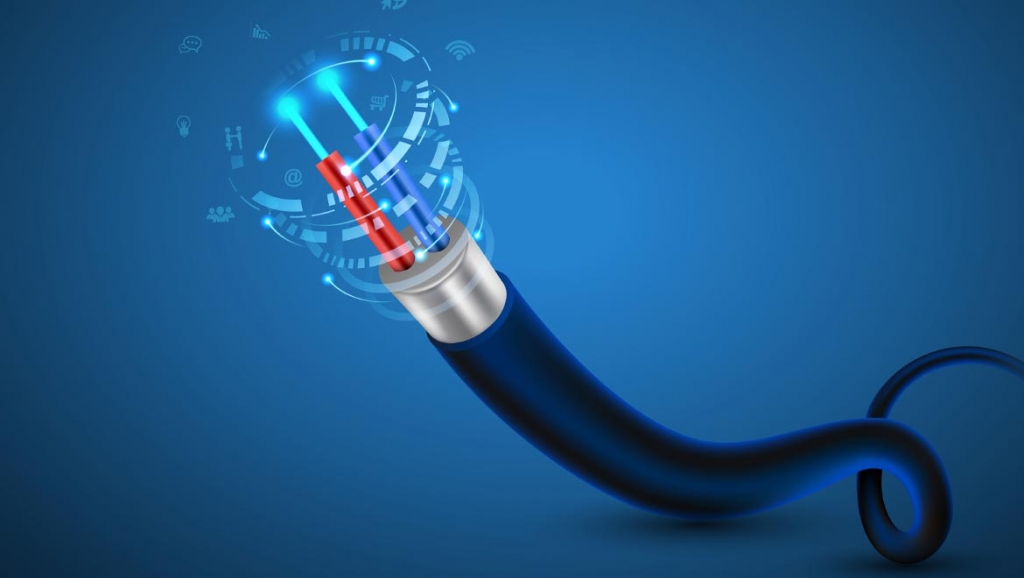
If you are building a data network that requires high speeds, large bandwidth, with reliability, then fiber optic cables win the day hands down over copper cables. For years, copper cables were used for data networks. These cables carry electrical pulses via copper strands. Fiber cables, on the other hand, carry light pulses using flexible glass strands. In this guide, we take a look at the top reasons to opt for fiber cables over copper.
How is fiber optic cable better than copper?
Here are the top reasons why fiber cables are better than copper cables:
1. Impressive Speed

Fiber optic cables beat copper cables hands down in the speed department. Fiber cables are made up of teensy tiny strands of glass about the width of human hair. These strands of glass transmit data using light pulses and can carry huge amounts of data – up to 60 terabits per second. Fiber cables can reach speeds just a bit slower than light. On the other hand, copper cables transmit using electrons and can only transmit up to 10 gigabits of data per second.
If you are looking for a network that can transmit huge volumes of data in short amounts of time, then fiber cables are the best choice.
If you are looking for a network that can transmit huge volumes of data in short amounts of time, then fiber cables are the best choice.
2. Wider Reach

Fiber cables are the better choice if you want to transmit signals over longer distance. The maximum distance copper cables can transmit signals is just 100 metres, while single-mode fiber cables can transmit up to 40 kilometres. Additionally, fiber cables can carry larger volumes of data with lower signal loss. The signal loss in fiber cables is just 3% for every 100 metres, while copper cables lose up to 90% of data for the same distance.
3. Reliable Data Transmission

Since copper cables use electrical conductors, they are susceptible to electrical surges and interference. Fiber cables, on the other hand, use a process called as total internal reflection to transmit data using light signals. These cables use light instead electricity, hence they are not affected by electro-magnetic interference. Fiber cables are also immune to changes in temperature and conduct data reliably, in all weather, even when it is pouring outside. Additionally, optic cables are not a fire hazard, unlike old copper cables.
4. Longer Durability

Copper cables are more fragile compared to fiber optic cables. They can withstand only up to 11 kgs, while fiber cables can withstand up to 100 kgs of pressure. Furthermore, copper cables experience corrosion and degrade with age. At some point, copper cables become so worn out that they stop transmitting altogether and have to be replaced from scratch. Fiber cables have fewer parts and can last up to 50 years. So, if you are looking for cables that last for years to come, then fiber optic cables are the best choice.
5. Enhanced Data Security
As mentioned above, fiber optic cables do not carry any electrical signals, hence they are more secure than copper cables. The light pulses that transmit data cannot be tapped into improving data security. Even if the cable is damaged or compromised, it can be easily monitored. Copper cables, on the other hand, are susceptible to data tapping, which compromises the security of your data.
6. Better Suited For Modern Devices

New-age devices that require more speed, reliable internet connectivity and more bandwidth like CCTV camera work faster and better on networks powered by fiber cables.
7. Lowest Costs
Yes, though fiber optic cables offer numerous benefits over copper cables, they are still the more cost-effective option, in the long run. When compared with copper cables, fiber cables have lower maintenance and repair costs, making them the better option in the long-run.
More Information
Today, fiber optic cables have become the norm in almost all cities and towns in India. These cables make it possible for high-speed internet connectivity to reach the nooks and crannies of the country. For more information on fiber optic cables and cable accessories, reach out to Adishwar Tele Networks. Our friendly and knowledgeable sales professionals can help you meet all your cable needs.
